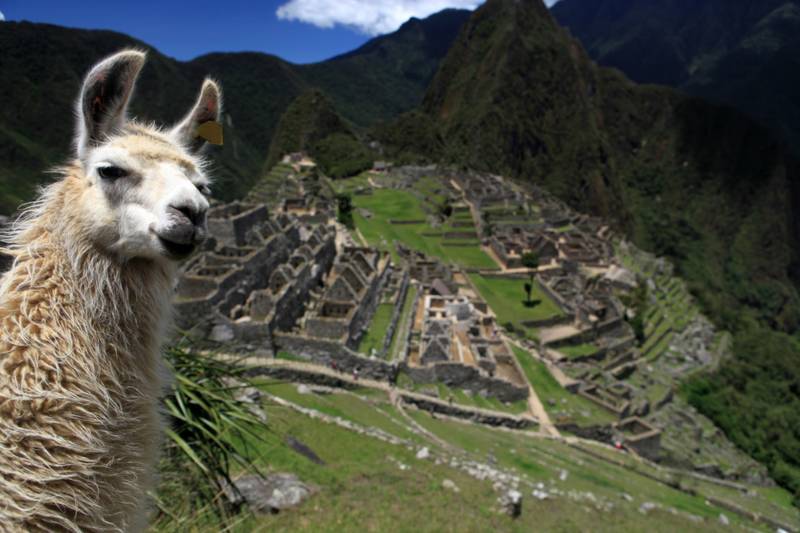Say what? Travelling in places where you don’t speak the language
June 27, 2017
Current estimates are that there are over 6,500 different spoken languages in the world. And while English is one of the three most-spoken languages – behind Chinese and Spanish – only 27.5% of countries have English as an official language. If you want to see some of the world’s most thrilling sites, venturing into parts of the planet where you won’t understand a word is essential. Travelling in a place where you don’t understand the language can be daunting, but there are plenty of ways to prepare to make sure that your trip runs as smoothly as possible.

Take a short language course
If you’re planning a trip to a place with a fairly common language, why not go one step deeper in your planning and learn a bit of the local language before you leave? There are plenty of ways you can do so, to suit all budgets and learning styles.
It’s always worth taking a look at local colleges and learning centres to see if they have any relevant language classes available. If you’re in a city, the range of options can be incredible. But if time or distance rules out taking a class, there are a lot of other possibilities.
One option is to find a language-learning app that offers integrated speaking, listening and reading. The industry stand-out is Duolingo, an app that offers courses in 23 languages. A former Apple iPhone App of the Year winner, it’s a very convenient way to fit in language lessons around your life.
There are also plenty of free online courses, from everyone from the BBC to major universities. The BBC’s Languages hub, while no longer updated, offers some amazing resources for learning essential phrases in 40 different languages, and has beginners courses for seven of those.
Major international universities also offer free online language courses through platforms like Coursera, EdX and Futurelearn. Check out the offerings well ahead of time as they are often only offered once or twice each year.
There are some languages that are so rare and unusual, that it might be difficult to find any resources, but there’s usually a major common language spoken in most areas.

Buy some Apps
There are hundreds of apps available for Apple and Android devices that are designed to help you travel in a foreign country. It’s easy to impulse buy in the app store but to avoid wasting money, do your research. Read customer reviews and look at star ratings, including the total number of ratings as a single five-star rating isn’t as reliable an indicator of quality as 100 4-star ratings.
Look for apps that store the information locally rather than requiring you to access the internet every time you look up a word, to reduce roaming data costs and prevent you from getting stuck when you’re out of reception range. Make sure you download all the relevant data when you have access to WIFI.

Hire a translator
Sometimes, hiring a bilingual local guide is simply the best way to go. Not only do they know the area, but they understand the nuances of the local language and can help you get the most out of your interactions with locals.
Depending on where you are, hiring a translator can be quite expensive. Pick the right days of the trip in which you’d like to hire one: earlier the trip might give you the information and tips that will help you get the most out of the rest of the trip.
Again, this is an area where doing your research helps: even though accredited guiding companies may be more expensive to use, they are far less risky, both in terms of quality and safety.

Take a guided tour
Another option is to choose not to go it alone, and rather join a tour. With a guide who is experienced in travelling in the country and has the support of a tour company, it’s a far easier way to travel. You do lose out in authentic local experiences and interaction with locals, but the gains in terms of ease and understanding can offset those. It’s definitely an option to consider.

Go for an old-fashioned phrasebook
There’s an inherent danger in relying on technology- especially technology that relies on batteries that can run out two hours into a ten-hour train ride. Have an old-fashioned phrase book- or even just some printed pages with key phrases in the local language—as an essential backup. Having key information, including your accommodation details, written in the local language can also be really helpful when you just can’t get the pronunciation right.
Please also check what is covered as a part of your travel insurance before you start your trip.
